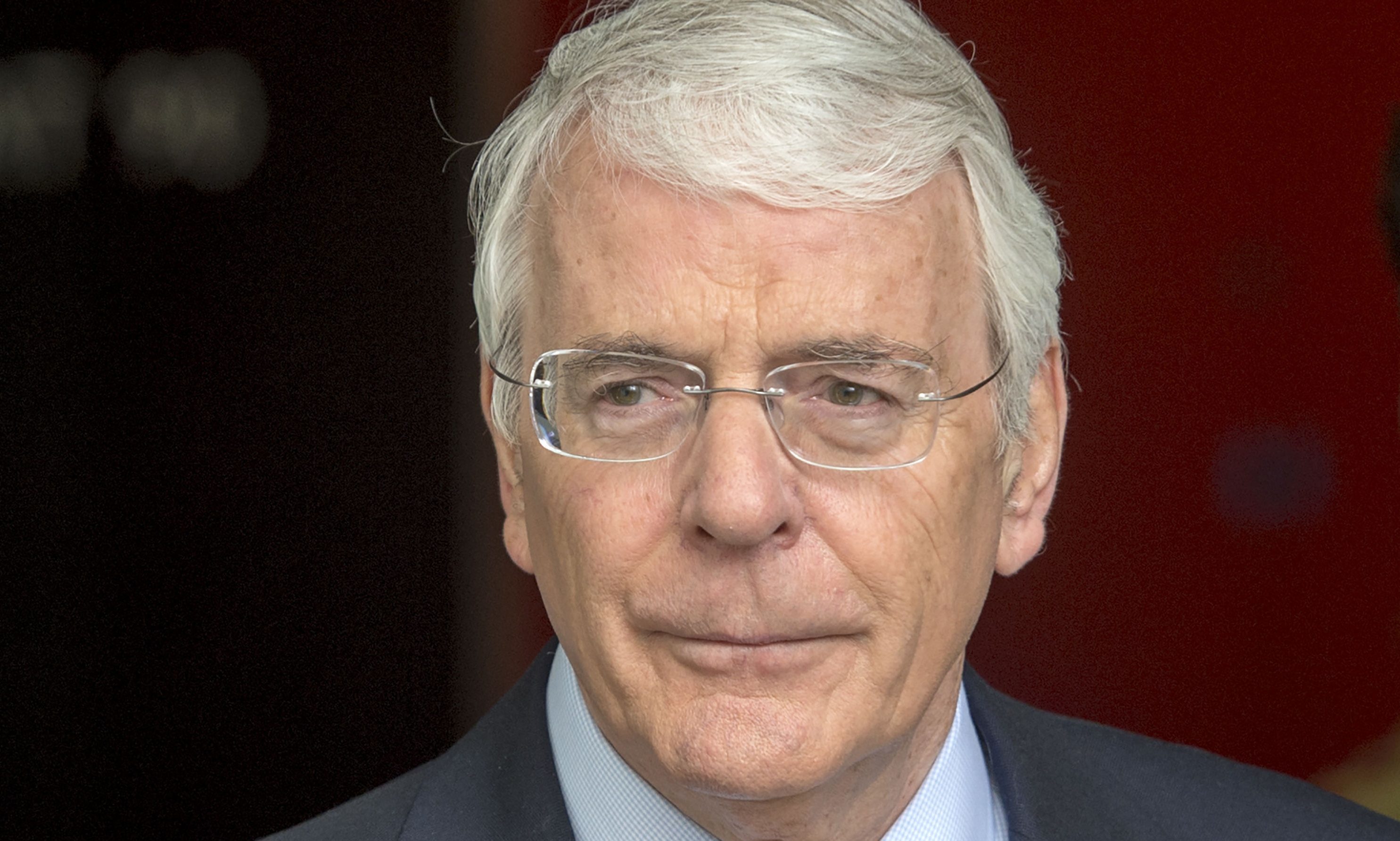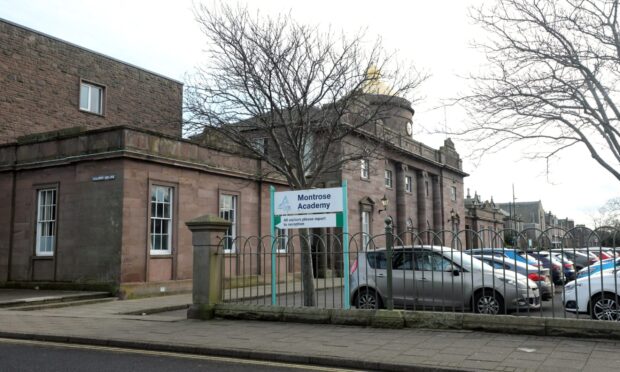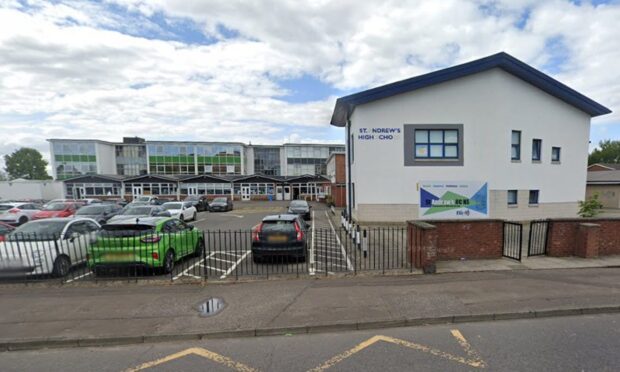Sir, – What is so ‘radical’ about Sir John Major’s proposal for two referendums on Scottish independence? The idea is certainly not new.
It does, however, remind us there are two parties involved in determining how Scotland could become an autonomous state. The interests of residents throughout the United Kingdom have to be taken into account. That will mean negotiation about the national debt, defence, citizenship, pensions and taxation – to name a few. Who knows how those negotiations might conclude?
Sir John has a point. The realities of the post-referendum agreement might cause people to stop and think again. In 2014 the Westminster and Holyrood governments agreed to ‘respect’ the outcome of the vote, meaning negotiations would take place in good faith.
There is little doubt the Westminster Government would be keen to protect the interests of those living outside Scotland. What that would mean for people living in Scotland is anyone’s guess.
The fervent supporters of independence must recognise this problem has not gone away. Sir John Major has done both sides of the argument a service by reminding us of that.
Bob Taylor.
24 Shiel Court,
Glenrothes.
Why should Scots not decide their fate?
Sir, – The UK Government tells us Scots that we are not getting a referendum on independence ever; Secretary of State Alister Jack tells us not for 25–40 years; and now ex-prime minister John Major tells us we should have two referendums.
Are any of them listening to the people of Scotland, who, in every poll, show they have had enough of being told what they can have – more Tory Brexit and cronyism – and what they can’t have, which is the right to decide their own future.
Why should the people of Scotland not have the opportunity to run their own affairs, rather than having their destiny decided by their neighbours?
I wonder how the people of England would feel if the situation was reversed?
Les Mackay.
5 Carmichael Gardens,
Dundee.
Covid precautions and school pupils
Sir, – Few are unaware of the sacrifice and hardship endured to prevent the spread of Covid-19. Yet secondary school pupils, entangled by anti-social distancing, thronged mostly unmasked into the small shop where I stood, unable to avoid them.
Not long after schools reopened I stopped my car to allow a similar entangled, unmasked throng to cross.
It makes a mockery of the lockdown measures thrust upon us. Thankfully, the precautionary measures within schools will at least afford the teaching staff some protection.
Sadly, the parents of the pupils will have none.
Leslie Milligan.
18B Myrtlehall Gardens,
Dundee.
Catholic Church should face scrutiny
Sir, – A new report from the Independent Inquiry on Child Sexual Abuse focuses on the Catholic Church and concludes, sadly similarly to the Church of England, that it has for years put its reputation before the interests of child abuse survivors. It also highlights the Vatican’s almost complete failure to provide evidence to the inquiry.
The privileged self-regulation which the Church has always demanded should be replaced by proper scrutiny by the police and we must re-examine the absurdity that is their receiving taxpayers’ money to run schools.
Neil Barber.
Edinburgh Secular Society,
Saughtonhall Drive.
New Covid vaccine is not a magic bullet
Sir, – The new Covid vaccine should be seen in the context of the pharmaceutical industry’s contribution towards curing disease over the past century.
It will make a contribution, as did better housing and sanitation and our understanding of viruses.
We must not expect too much from a new vaccine for a new disease. There are no magic bullets. We progress by incremental discovery.
Malcolm Parkin.
Gamekeepers Road,
Kinnesswood.










